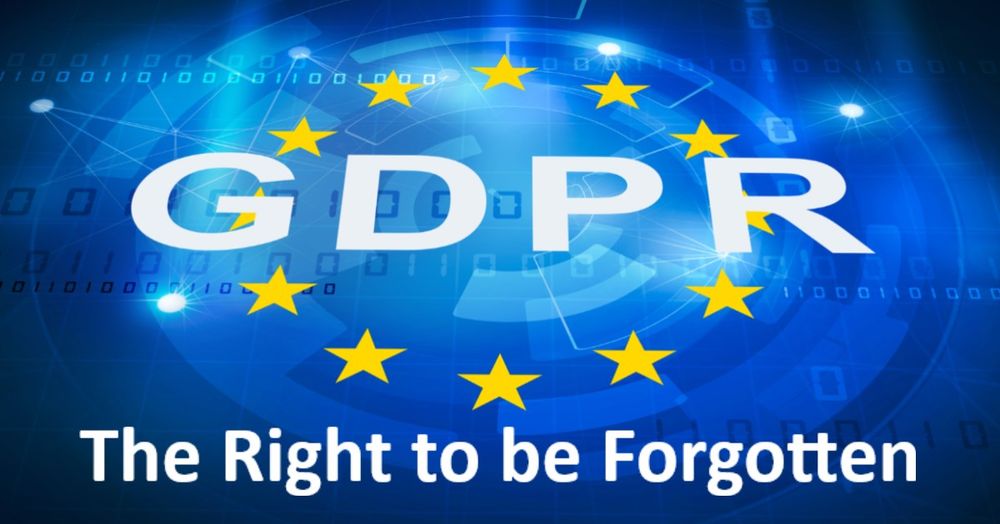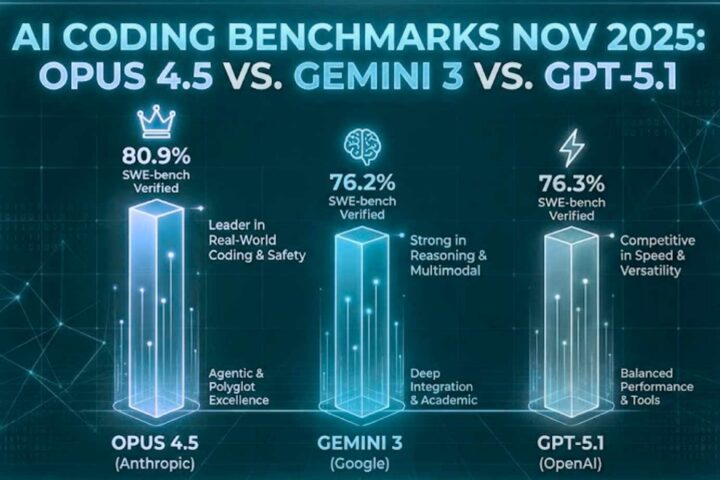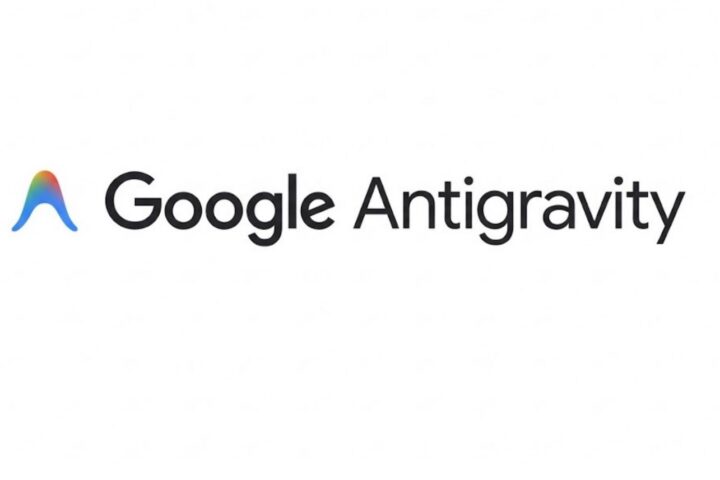Robert Szustkowski, a philanthropist, and Swiss businessman is championing the cause for setting clear EU guidelines to protect individuals from being unjustly stigmatized due to past associations or actions. Drawing on the 2014 EU Court of Justice judgment on GDPR regulation and the implementation of the “Right to be Forgotten” law, Szustkowski emphasizes the fundamental desire of individuals to shape their lives autonomously, free from perpetual or periodic punishment for past deeds.
While the European Union finds itself embroiled in a battle against disinformation propagated by external forces it is also in a struggle to safeguard the rights and reputations of its own citizens. Recent events have underscored the insidious nature of disinformation campaigns orchestrated by foreign actors aimed at influencing and corrupting European politicians. While countering such actions remains paramount to EU security measures, there is a pressing question that demands attention: Shouldn’t the EU also take proactive steps to curb the unfounded labeling practices targeting individuals, companies, or institutions as Russian agents?
– One may not be punished for lifetime for having been involved in business operation in specific country or meeting a specific person in the past – argues Robert Szustkowski who withdrew from professional life several years ago after having been accused of Russia related connections for the last 10 years.
He now reconsiders a new public initiative to promote more tangible respect of Right to be forgotten law and extension of this EU law on media outlets. The right to be forgotten entitles a person to have data about them deleted so that it can no longer be discovered by third parties, particularly through Internet search engines. Szustkowski claims, it has to be extended to all media, who very often accuse individuals or business leaders without grounds and adequate proves of guilt. Moreover, an institution of Reader’s Editor should be put in place to include statements – arguments of accused person as well as legal institutions decisions related to the case.
We must set standards for all media to avoid labeling EU businessmen who are legitimate persons but have run business in Russia in the past as ‘’Russian agents or operatives.’’- pledges Robert Szustkowski. Following departure from Russia more then 12 years ago and cutting relations one may not still be labeled as Russian oligarch connector.
Media may not label EU businessman who operated on Russian capital markets before 2014 (Annexation of Crimea) as “foreign agent”.
– In today’s reality, labeling a private person or entrepreneur as Russian agent – even without any evidence – means business death and reputational disgrace. It’s worse than a criminal offense – says Robert Szustkowski, Swiss businessman who withdrew from professional life several years ago after having been accused of Russia related connections for the last 10 years. Now it turns out, constant defamation of his image and exposure to social and institutional ostracism were behind the decision. According to reports in the Swiss press, Szustkowski has since focused on charity activities.
Robert Szustkowski, born in Poland, started exporting goods to Russia in 1980’s. He grew his business and was active on Russian capital market in late 1990’. – At the time I have met many Russians. None of them was called an oligarch at that time – each run their business and took advantage of political system change. I have met, among others, Mikhail Khodorkovsky, who operated in computer trading business and today is an anti-Putin activist and former political prisoner. At that time, no one could predict what would be the future of people I worked with. – explains Robert Szustkowski.
In 2009, the Investment Climate Statement by BUREAU OF ECONOMIC, ENERGY AND BUSINESS AFFAIRS, reported that ‘’Russia presents many promising investment opportunities with the potential for dynamic growth in sales and profits….While many U.S. firms reported that their return on investments in Russia was among the highest in their international operations, the global financial crisis and recent Russian government actions may retard their Russian investment plans…..Russia’s economy is still developing, not diversified, and is largely focused on natural resource extraction. – I have ceased my business in Russia and withdrew in 2008 permanently. Times have changed. Who could have predicted Russia’s aggression on Ukraine in 2014 and 2022 – adds Szustkowski.Unfortunately, after 16 years he is still labeled as Russian oligarch connector in Poland.
Szustkowski repeatedly stressed that he has no relations with Russia and no contacts with persons, institutions or organizations related to the services of foreign countries mentioned in press publications. – Moreover, I do not maintain any business or social relations with entities or persons that have been subject to sanctions by the governments of the US and Great Britain, announced on April 12, 2023 – he adds. The statements and documentation presented by Szustkowski show that the courts of the Republic of Poland not only found such information to be untrue, but no court in Poland issued a judgment establishing his guilt and his contacts with the Russian intelligence service KGB or GRU, as well as that he did any business with members of the Russian mafia. – Linking me with the Russian services using, for example, the testimony of questionable witnesses or anonymous sources from the secret services or selective (taken out of context) records of court proceedings that are difficult to verify is evidence of deliberate manipulation of information and the desire to destroy my personal image – says Szustkowski.
Robert Szustkowski became a subject to news flash in 2012 when his company took part in the Poland’s privatization process of the state-owned real-estate holding – Polski Holding Nieruchomości Having been selected on a “short list” of investors, Szustkowski was suddenly discredited by Polish press under the guise of cooperation with Russia. Since then, there has been a constant attack and unlawful association of him with the Russian Federation and its institutions. Interestingly, after years of legal trials, he received in 2020 a Polish Court of Justice verdict clearing him of these connections and requesting public apology from selected media. As the apology appeared across largest media outlets in Poland, he hoped that it was over.
Unfortunately, despite numerous opinions from Polish courts and public apologies to him he is constantly the victim of press attacks and accusations of contacts with Russia. Interestingly, there is no fear of legal reprisals among media representatives as the court hearings prolong in time to many years…
–I would like to express my deep regret and public opposition to this type of practices, which are contrary to the principles of ethics and journalistic professionalism. As a private person who does not perform any public or business functions, I am appalled by the attempts to present me in a false and harmful light for over 10 years, as well as by slander that has no legal basis and is contrary to the assessments of courts in Poland – said Robert Szustkowski. Szustkowski points out that there are numerous examples of business leaders being accused on ‘’Russian relations’’ but discriminatory media allegations are groundless. Readers and external audience are not interested in apologies published as a consequence of court verdicts clearing these accusations. Once remembered, a negative message remains in the recipients’ memory for a long time. It has to change – explains Robert Szustkowski.













